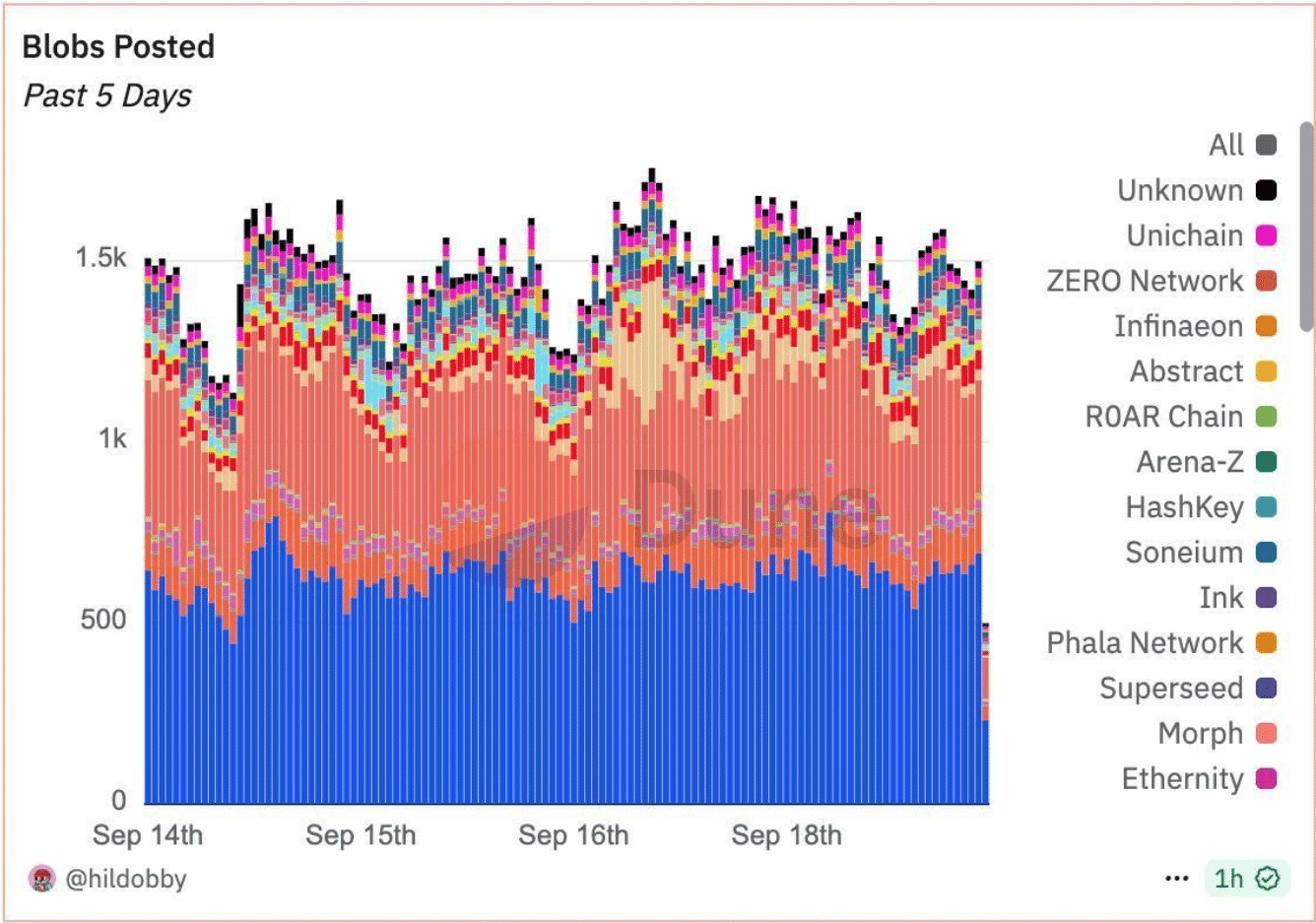Debunking Blockchain Privacy Myths: Insights and Realities
The post Debunking Blockchain Privacy Myths: Insights and Realities appeared on BitcoinEthereumNews.com. Terrill Dicki Aug 19, 2025 10:00 Explore common misconceptions about blockchain privacy and the technological advancements addressing these challenges, according to a16z crypto. Discover how privacy-preserving technologies are reshaping the blockchain landscape. Blockchain technology has often been at the center of debates concerning privacy and transparency. While some argue that blockchains offer excessive transparency, others fear they provide cover for illicit activities. However, the reality is more nuanced, involving a balance between privacy and security through innovative technologies, according to a16z crypto. Understanding Privacy Myths in Blockchain The notion that the internet is solely responsible for modern privacy issues is misleading. Privacy concerns have been evolving since the late 19th century with the advent of communication technologies like the telegraph and telephone. Legal frameworks around privacy have developed significantly since then, adapting to new communication methods such as the internet and now blockchains. Cryptography’s Role in Enhancing Privacy Cryptography has been pivotal in addressing privacy concerns since the early days of the internet. Innovations like asymmetric public key cryptography and HTTPS have facilitated secure digital interactions. These advancements laid the groundwork for current blockchain privacy solutions, allowing users to transact with a degree of confidentiality. Transparency vs. Anonymity One common misconception is that public blockchain transactions are anonymous. In reality, they are pseudonymous. Users interact via wallet addresses, which can be linked to real identities through transaction history analysis. This transparency has enabled law enforcement to track illicit activities, challenging the notion that blockchains are havens for crime. Balancing Privacy and Regulatory Needs Modern cryptographic techniques, such as zero-knowledge proofs, offer solutions that balance user privacy with regulatory requirements. These methods allow verification of transactions without revealing sensitive information, thereby supporting both privacy and compliance goals. Beyond Financial Transactions Privacy-preserving blockchain technologies…

The post Debunking Blockchain Privacy Myths: Insights and Realities appeared on BitcoinEthereumNews.com.
Terrill Dicki Aug 19, 2025 10:00 Explore common misconceptions about blockchain privacy and the technological advancements addressing these challenges, according to a16z crypto. Discover how privacy-preserving technologies are reshaping the blockchain landscape. Blockchain technology has often been at the center of debates concerning privacy and transparency. While some argue that blockchains offer excessive transparency, others fear they provide cover for illicit activities. However, the reality is more nuanced, involving a balance between privacy and security through innovative technologies, according to a16z crypto. Understanding Privacy Myths in Blockchain The notion that the internet is solely responsible for modern privacy issues is misleading. Privacy concerns have been evolving since the late 19th century with the advent of communication technologies like the telegraph and telephone. Legal frameworks around privacy have developed significantly since then, adapting to new communication methods such as the internet and now blockchains. Cryptography’s Role in Enhancing Privacy Cryptography has been pivotal in addressing privacy concerns since the early days of the internet. Innovations like asymmetric public key cryptography and HTTPS have facilitated secure digital interactions. These advancements laid the groundwork for current blockchain privacy solutions, allowing users to transact with a degree of confidentiality. Transparency vs. Anonymity One common misconception is that public blockchain transactions are anonymous. In reality, they are pseudonymous. Users interact via wallet addresses, which can be linked to real identities through transaction history analysis. This transparency has enabled law enforcement to track illicit activities, challenging the notion that blockchains are havens for crime. Balancing Privacy and Regulatory Needs Modern cryptographic techniques, such as zero-knowledge proofs, offer solutions that balance user privacy with regulatory requirements. These methods allow verification of transactions without revealing sensitive information, thereby supporting both privacy and compliance goals. Beyond Financial Transactions Privacy-preserving blockchain technologies…
What's Your Reaction?




















.png?#)




















